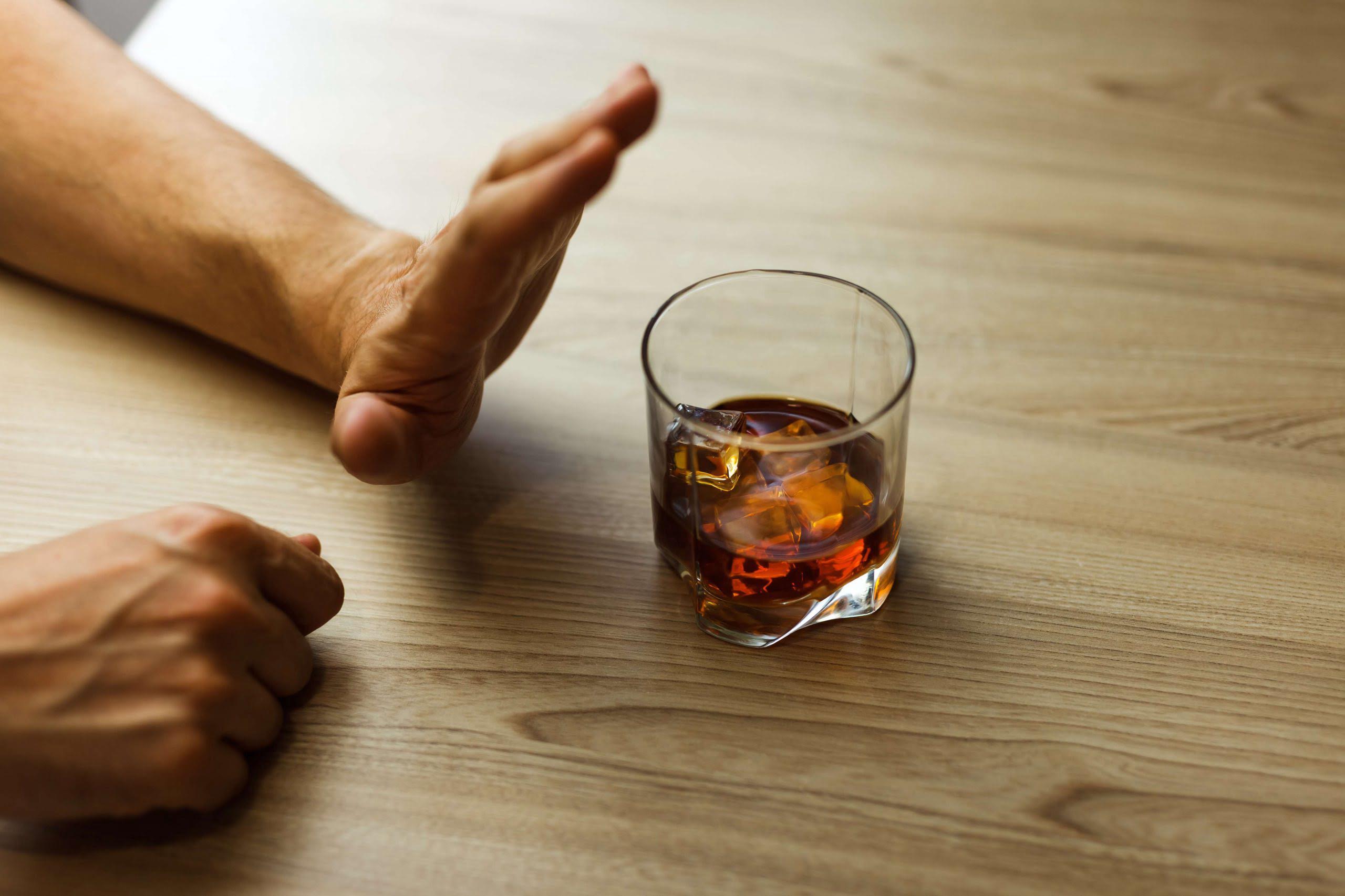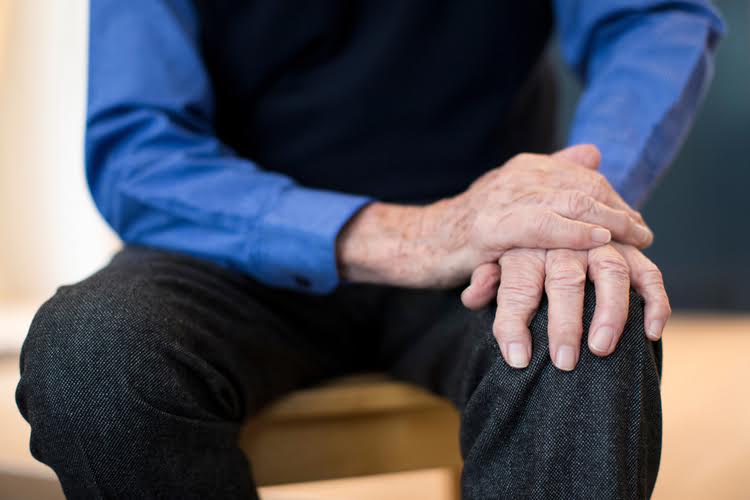Nobody claimed to be an expert, but those there had plenty of personal experience to draw from on topics rarely discussed in a nightclub setting. I ended up on a bus downtown, then in a McDonald’s, where I threw up in a trash can and had to run from the cops. From the very start, I had the allergy where one wasn’t enough, and once I started, I couldn’t stop. The song chronicles Kendrick’s own struggles with alcohol.
Bergamot Comedy Fest delivers laughter and lessons on mental health at The Crow

If I’m not reaching out to others, being of service, going to meetings, working the steps, I will eventually forget how bad it gets. I will end up thinking that a drug is the best solution to take me out of whatever momentary pain I’m in. I quickly http://www.linuxnews.ru/docs/httpd_conf.html?p=14 watched my life fall apart within the first year of using drugs and alcohol, but it wasn’t until years later that I hit a rock bottom and ended up a place where I could get some help. As Eminem’s career continued to take off, so did his drug habit.
- From the very start, I had the allergy where one wasn’t enough, and once I started, I couldn’t stop.
- However, following the death of a close friend of his, rapper Proof, Em relapsed in 2006.
- Dro shared that the discovery pushed him to check himself into rehab in 2021 and has stayed clean since.
- In 2006, after the death of a friend, he began abusing Vicodin, one of the most dispensed prescription painkillers in the United States.
The Impact of Drug Addiction in the Rap Industry
Mac has been vocal about his abuse of codeine, known as lean, and the addictive stimulant cocaine. In “Once an Addict”, J.Cole details his feelings towards his own mother’s relationship with alcoholism. The song explores the burdensome feelings of love and hate that someone who loves an addict must suffer as they watch the downward spiral. He relates his mother’s struggles back to his own problems with weed and alcohol addiction. Eminem credits fatherhood with helping him to get sober once and for all.
Educating the Public on the Realities of Substance Abuse

“Better Than I Used to Be” (Tim McGraw) – Just because you’re in recovery doesn’t mean you’re perfect. But just because you aren’t perfect https://www.antisnottv.net/2020/10/03/parenting-stop/ doesn’t mean you’re not doing better than you were. In “Better Than I Used to Be,” Tim McGraw captures recovery as a process not an end.
More artists have opened up about mental illness, which often co-occurs with addiction. Mainstream rappers have spoken candidly about topics such as anxiety and depression to raise awareness and eliminate stigma. For years, rap music has glorified substance use, portraying getting high as an activity with little consequence.
“Not Afraid” by Eminem
And then I had two and I wondered what four would feel like. “Not Afraid” is a single from his Recovery album, and is a triumphant anthem about overcoming struggles to stand proud. Eminem has used much of his music as an outlet for the http://www.newreferat.com/ref-3124-2.html inner demons and personal challenges he has faced. The chief reached out to the Minnesota State Auditor’s office to ask if the SPD could use these funds under the prevention umbrella, and the auditor’s office concluded that they could.
How Alcohol Mentions in Rap Music Can Influence Youths
His music covers topics ranging from depression and suicide to benzodiazepine use. In his song “U Said,” he talks about dealing with the emotional pain of a broken relationship by popping pills and getting high. In 2006, after the death of a friend, he began abusing Vicodin, one of the most dispensed prescription painkillers in the United States. During this time, he also began misusing Xanax and other sedative medications. Ecstasy is another frequently referenced drug in rap music. This synthetic drug contains mood-altering properties that produce feelings of pleasure, warmth and energy.


Comments (No)